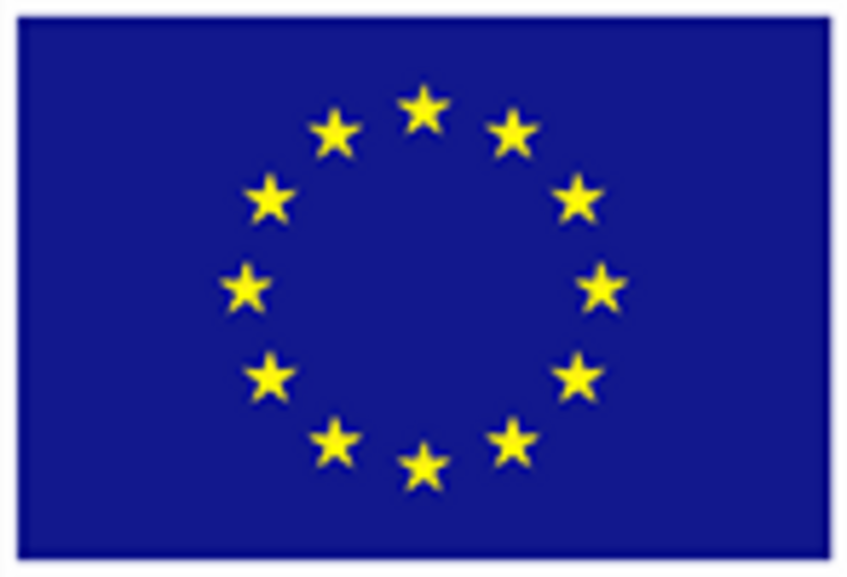WP 3: The implicit appropriation of non-territorial autonomy elements in the early Soviet Union, 1917–1925
This work package investigates how and to what extent the concept of non-territorial autonomy was translated to the far left of the political spectrum. While Mensheviks, Social Revolutionaries and Jewish Bundists actively encouraged the idea, the Bolsheviks severely criticised the Austro-Marxist model as a form of bourgeois nationalism. However, this project argues that the autonomy given to the non-Russian population in the early Soviet Union in fact strongly resembled broader elements of non-territorial autonomy.
Matthias Battis
After studying Cultural Studies (BA) at the European University Viadrina and at Warsaw University, Matthias Battis received both his MPhil (Russian and East European Studies) and DPhil (History) from the University of Oxford (2016). He has been a postdoctoral researcher at the Centre for Historical Research at the National Research University – Higher School of Economics in Saint Petersburg and a Mellon postdoctoral fellow at the School of Slavonic and East European Studies and at the Institute of Advanced Studies at University College London (UCL).


This project has received funding from the European Union’s Horizon 2020 Research and Innovation Programme under Grant Agreement no 758015


